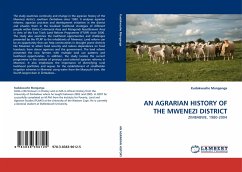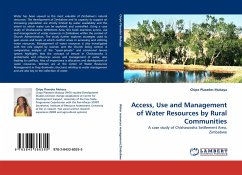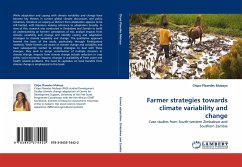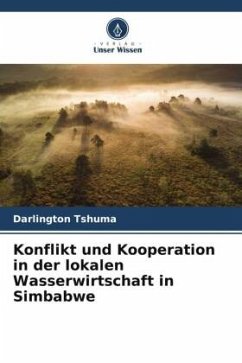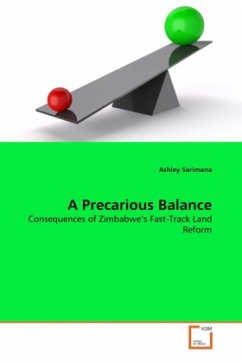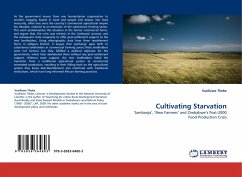
Cultivating Starvation
'Jambanja', 'New Farmers' and Zimbabwe's Post-2000 Food Production Crisis
Versandkostenfrei!
Versandfertig in 6-10 Tagen
32,99 €
inkl. MwSt.

PAYBACK Punkte
16 °P sammeln!
As the government moves from one humanitarian organisation to another, begging basket in hand and people sink deeper into food insecurity, what was once the country s commercial agricultural empire lies desolate, reduced to an extension of the subsistence farming sector. This work problematises the situation in the former commercial farms, and argues that, the crisis was intrinsic in the jambanja process, and the subsequent state incapacity to offer post-settlement support to the new landholders. Using ethnographic data from three resettlement farms in uMguza District, it argues that jambanja ...
As the government moves from one humanitarian organisation to another, begging basket in hand and people sink deeper into food insecurity, what was once the country s commercial agricultural empire lies desolate, reduced to an extension of the subsistence farming sector. This work problematises the situation in the former commercial farms, and argues that, the crisis was intrinsic in the jambanja process, and the subsequent state incapacity to offer post-settlement support to the new landholders. Using ethnographic data from three resettlement farms in uMguza District, it argues that jambanja gave birth to subsistence landholders in commercial farming zones.These landholders were not farmers but they fulfilled a political objective for the government, which later abandoned them without any post-settlement support. Without state support, the new landholders failed the transition from a traditional agricultural system to commercial orientated production, resulting in their falling back on the agricultural system they knew best.Resettlement also interfered with traditional institutions, which have long informed African farming practices.



